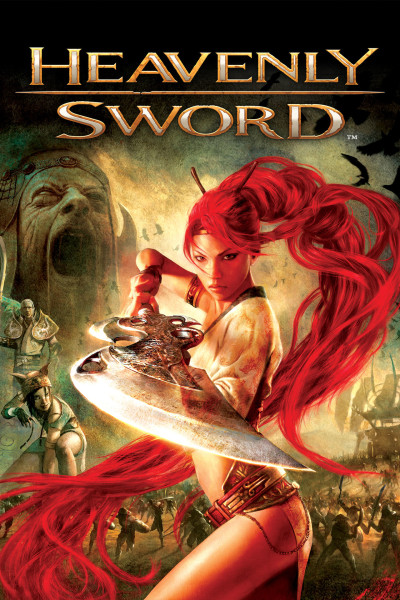★
“Overdrawn at the comedy bank”
 Dr. Von Colon (King) has completed his life-work, a female robot called Robo-CHIC (Shower and/or Jennifer Daly – we’ll get into the logic of this later), the second half of her name standing for Computerized Humanoid Intelligent Clone. At the same time, nerd terrorist Harry Truman Hodgkins (Ward) has planted a dozen nuclear bombs around the United States, times to go off at regular intervals. While he’s easily arrested, he is busted out during transit to the federal pen, falling under the control of evil overlord Quentin Thalian, who decides that if he holds Hodgkins hostage, he’ll then hold the nation hostage. And his demands won’t stop at getting girls to like him: he’ll also demand the police stand down so he can do whatever he wants. An unguarded remark by the Doctor – more or less along the lines of “somebody needs to do something!” – sets Robo-CHIC in pursuit of Hodgkins, along with TV reporter John Kent (Baker), and they have to resolve all this mess before any more stock footage of nuclear explosions occurs. And I haven’t even mentioned the biker gang, Satan’s Onions. They should be Satan’s Minions, but there was a screw up with their jackets. This does, however, provide a good indication of the extremely low-hanging comedic fruit at which this film aims.
Dr. Von Colon (King) has completed his life-work, a female robot called Robo-CHIC (Shower and/or Jennifer Daly – we’ll get into the logic of this later), the second half of her name standing for Computerized Humanoid Intelligent Clone. At the same time, nerd terrorist Harry Truman Hodgkins (Ward) has planted a dozen nuclear bombs around the United States, times to go off at regular intervals. While he’s easily arrested, he is busted out during transit to the federal pen, falling under the control of evil overlord Quentin Thalian, who decides that if he holds Hodgkins hostage, he’ll then hold the nation hostage. And his demands won’t stop at getting girls to like him: he’ll also demand the police stand down so he can do whatever he wants. An unguarded remark by the Doctor – more or less along the lines of “somebody needs to do something!” – sets Robo-CHIC in pursuit of Hodgkins, along with TV reporter John Kent (Baker), and they have to resolve all this mess before any more stock footage of nuclear explosions occurs. And I haven’t even mentioned the biker gang, Satan’s Onions. They should be Satan’s Minions, but there was a screw up with their jackets. This does, however, provide a good indication of the extremely low-hanging comedic fruit at which this film aims.
Even given this, it misses more of than it hits, in particular with Dr. Von Colon, who comes over as some bizarre cross between Albert Brooks and Lloyd Kaufman – and not the good aspects of each, either. The only two people who have the right approach are Ward, and Rita Gonstodine as stunningly stupid newscaster and colleague of Kent’s, Bambi Doe. Those offer about the only times you laugh with the film, rather than cringing at it. Then, you have the fact that two entirely different actresses play the heroine during the film. It appears Shower, despite receiving a production credit, bailed on the production midway through shooting, but it was decided to replace her and keep shooting, on the basis the audience either wouldn’t notice or wouldn’t care. The blonde, curly wig worn by both helps, and it’s not as blatant as, say, Bela Lugosi in Plan 9, yet they also decided this was a story which needed to be told at a length of more than 100 minutes. Even if this was now a sunk cost, the correct decision when the lead actress left, would have been to shoot the bare minimum necessary with the replacement to qualify as a feature. Trust me, future generations of viewers would have thanked you.
This is so lacklustre, it barely qualifies as an action film. However, this is also so unfunny, it barely qualifies as a comedy, and long before this reaches its climax, your attention will be sorely taxed, because it feels perilously close to an idea rejected by Troma. And given the films Troma did make the same year this came out (1990) included Sgt. Kabukiman N.Y.P.D. and A Nymphoid Barbarian in Dinosaur Hell, that would set the bar so low, a limbo-dancing midget would encounter problems. Avoid, at all costs.
Dir: Ed Hansen + Jeffrey Mandel
Star: Kathy Shower, Ranson Baker, Kip King, Burt Ward





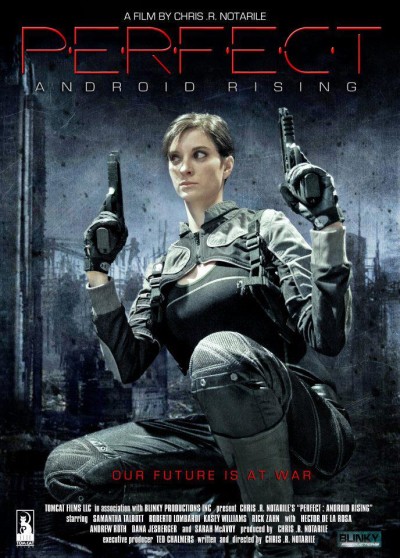
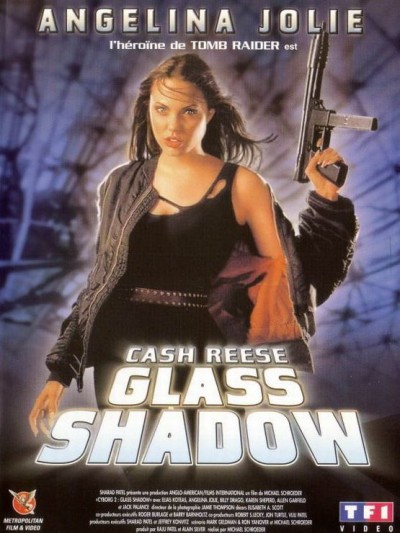
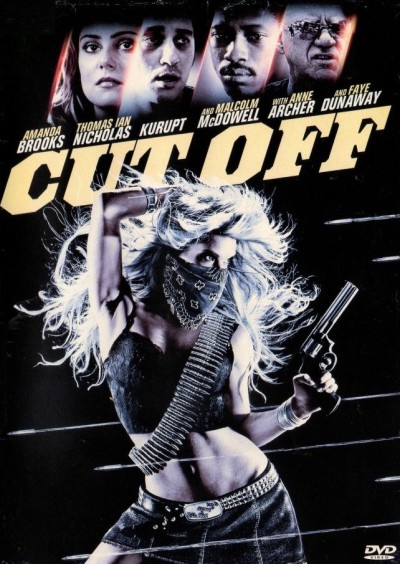
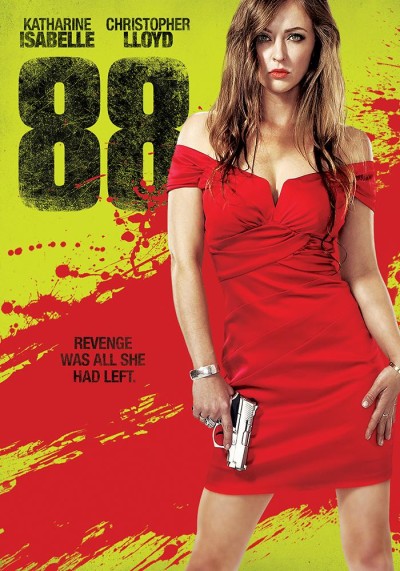

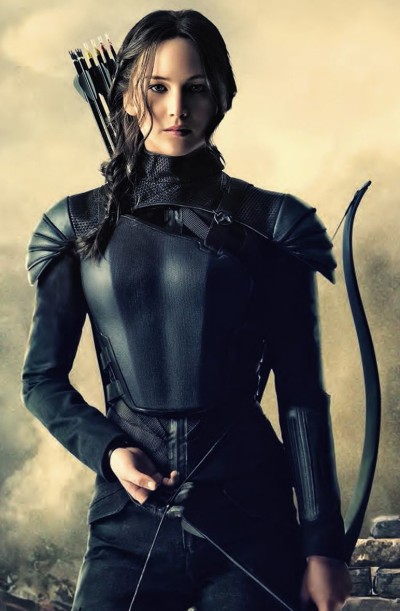
 Oh, dear. I’m sure those involved with the production and their mates loved this. To anyone on the outside… Much less so. However, the problem is not actually the concept, of an all-female biker gang, which had a long, disreputable B-movie pedigree, going back at least to the sixties, with Herschell Gordon Lewis’s She-Devils on Wheels and similar films. The women here operate under the leadership of “Mother” (Gorlano), and in something apparently inspired by Sons of Anarchy, run a garage/bar that doubles as gang HQ, from where they also deal meth to passing truckers (and midgets), while taking their tops off at random intervals – in particular Baby Doll (Roth). Possible related: there may be a strip-club that’s part of it, but the film is vague on the details of their infrastructure. The movie starts well enough, with them out in the desert torturing a man who had done one of them an unspecified wrong, dousing him in gas and setting him on fire.
Oh, dear. I’m sure those involved with the production and their mates loved this. To anyone on the outside… Much less so. However, the problem is not actually the concept, of an all-female biker gang, which had a long, disreputable B-movie pedigree, going back at least to the sixties, with Herschell Gordon Lewis’s She-Devils on Wheels and similar films. The women here operate under the leadership of “Mother” (Gorlano), and in something apparently inspired by Sons of Anarchy, run a garage/bar that doubles as gang HQ, from where they also deal meth to passing truckers (and midgets), while taking their tops off at random intervals – in particular Baby Doll (Roth). Possible related: there may be a strip-club that’s part of it, but the film is vague on the details of their infrastructure. The movie starts well enough, with them out in the desert torturing a man who had done one of them an unspecified wrong, dousing him in gas and setting him on fire.